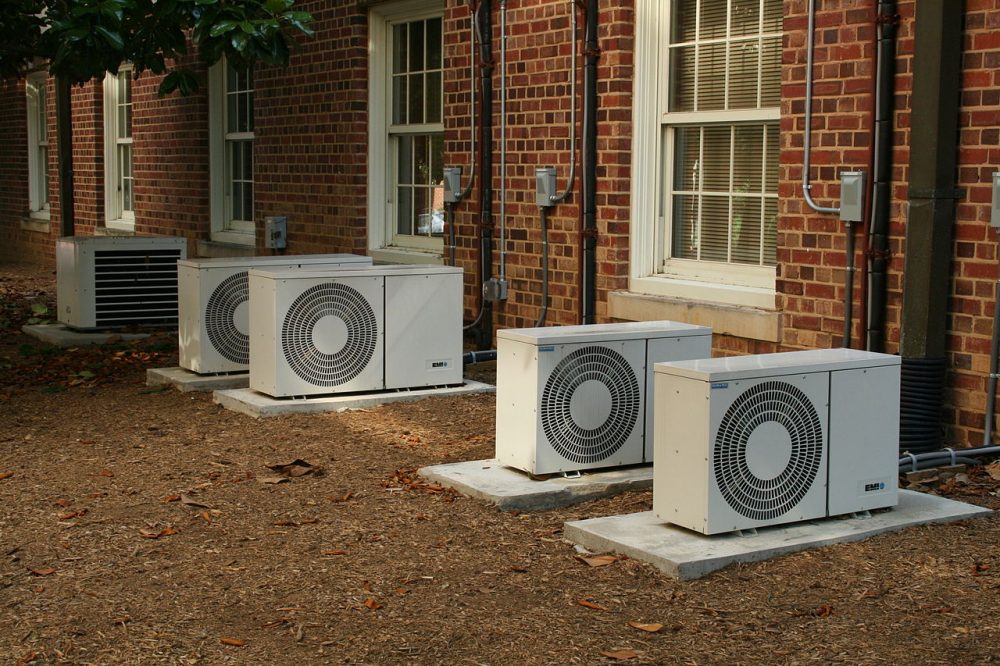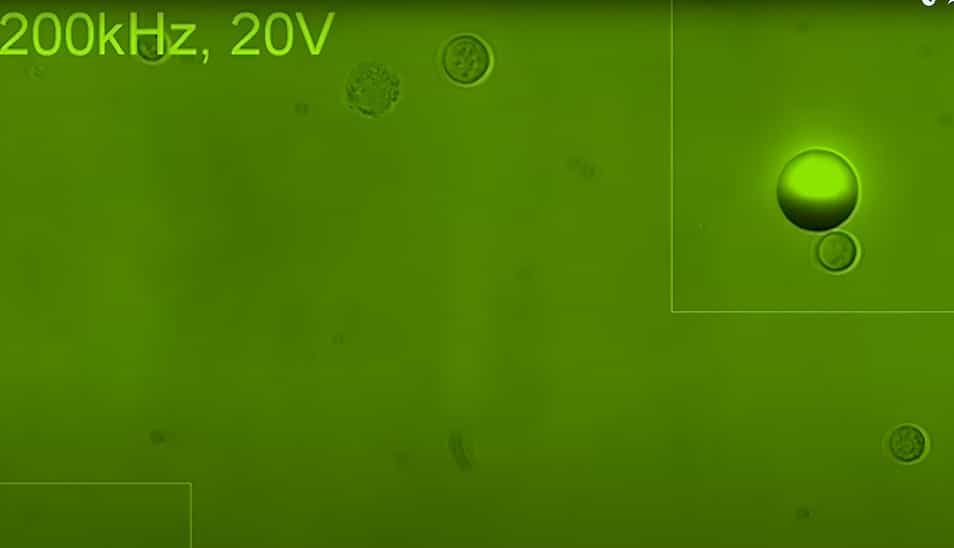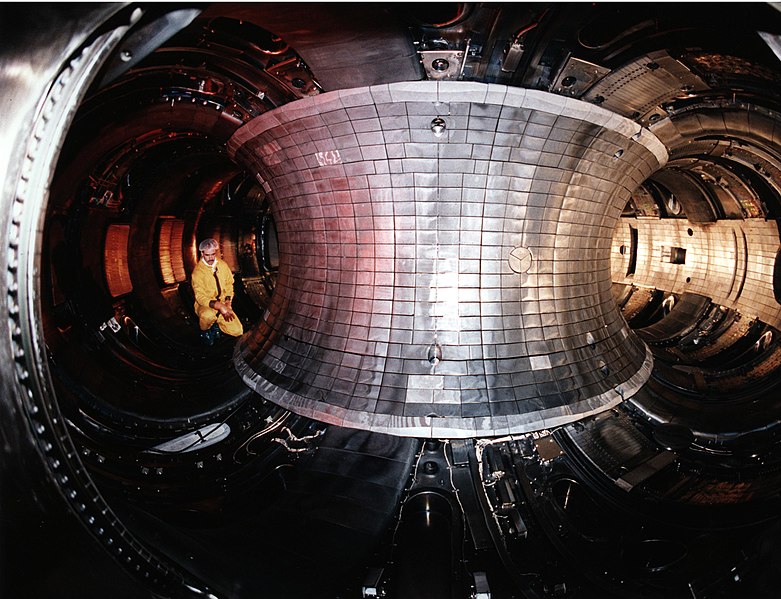With the worldwide temperature rise, more and more people are opting for air-conditioners. Because of the population growth, falling equipment prices, and urbanization, number of air-conditioning units installed globally is increasing every year.
According to the scientists, worldwide rise in demand for air conditioners is producing enough heat to boost urban temperatures. Moreover, the release of highly potent greenhouse gases, with the rise in temperatures is leading to unpredictable weather patterns.
“AC is often the largest energy consumer in urban cities, and demand will continue to grow because of the global urbanization trend,” said Professor Leung, who is also the Director of the Ability R&D Energy Research Centre at CityU. “AC systems produce an enormous amount of waste energy in the form of heat and wind, resulting in the ineffective utilisation of energy resources.”
So, to solve this issue, Professor Michael Leung Kwok-hi from the City University of Hong Kong has come up with amazing technology. According to a press release by the university, this technology can convert waste heat from AC systems into electricity.
Technology to generate electricity from heat is not a new concept. But the heat generated by AC is very small, as this technology can only work at temperatures of 392°F (200°C) or above.
Thermal nanotechnologies (TNT)
This latest technology involves the integration of thermoscience and nanotechnology. Known as thermal nano technologies (TNT), this technology will help in capturing AC’s waste heat and convert it into electricity.
Researchers found that TNT system cannot only increase the coefficient of performance of an AC system but also reduce energy use up to 20 percent. As the result, while it helps in achieving high energy efficiency, it also supplies clean air.
“In addition to the increase in energy efficiency, the benefits include reduced greenhouse gas emissions and the reduction of unwanted waste heat rejection,” said Professor Leung. “The revolutionary technological breakthrough anticipated in this project has the potential to not only contribute to enhanced sustainability but also generate many new business opportunities worldwide.”







